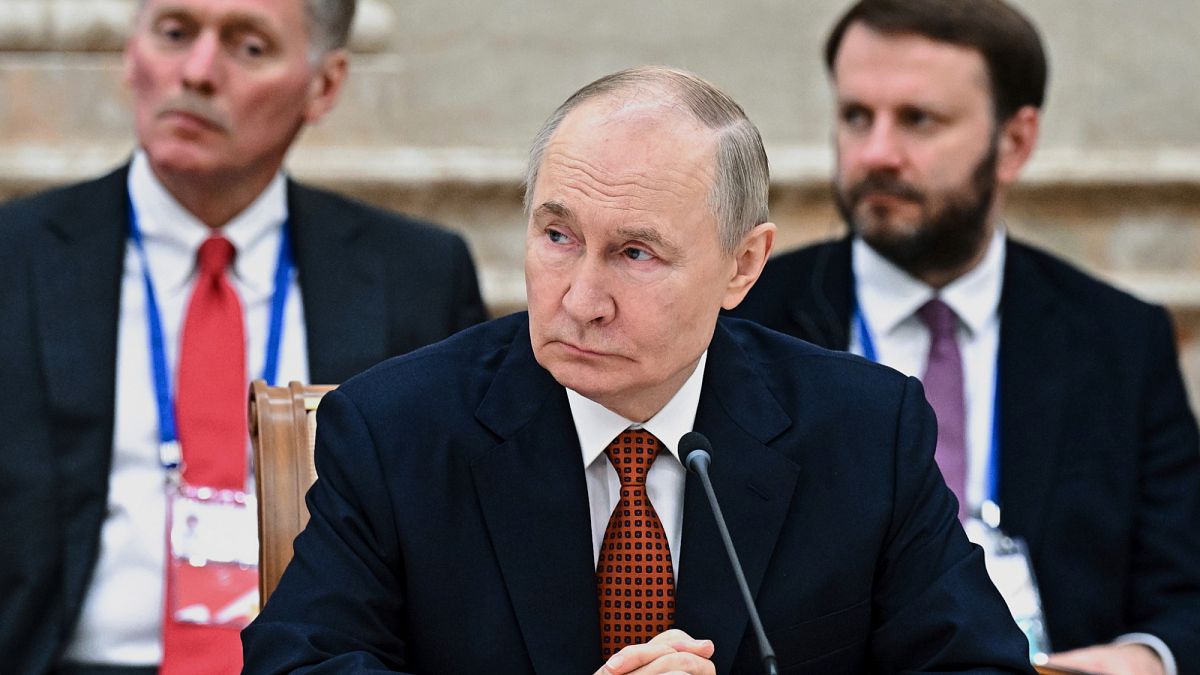

In a world seeking peace and stability, recent developments in Europe and Africa highlight a collective strive towards resolving longstanding conflicts and opening dialogues. Amid diverse geopolitical backgrounds, diplomatic engagements show promise, signaling a hopeful step forward towards tranquility and reconciliation across nations.
In Europe, Russian President Vladimir Putin has announced Moscow’s readiness to engage in a fresh round of peace talks with Ukraine. This development introduces a potential new chapter in the protracted conflict between the two countries. The discussions are anticipated to include previously disputed terms for a ceasefire, providing a platform where constructive dialogues might lead to a sustainable resolution. While the Kremlin had previously been reticent to embrace a ceasefire, this signal towards engagement reflects a potential shift in attitude, opening pathways for diplomacy to guide the future of Russian-Ukrainian relations.
Transitions in global diplomacy extend beyond Europe, with significant moves unfolding in Africa where the governments of Rwanda and the Democratic Republic of the Congo have signed a peace deal in Washington, D.C. The agreement, inked in the presence of U.S. dignitaries including Secretary of State Marco Rubio, targets the disarmament and withdrawal of Rwandan troops from eastern Congo. This decision forms part of a broader strategy to address the violence that has been rooted deeply since the events surrounding the Rwandan Genocide of 1994, spanning decades of conflict marked by complex regional dynamics.
While the initiative represents a major diplomatic step, its reception has been mixed. Critics question the comprehensiveness and transparency of the agreement, noting ambiguities about the benefits and motives alongside its practical implementation. The presence of former U.S. President Donald Trump at the signing ceremony highlights the intersection of geopolitical strategies and economic interests, as he emphasized the acquisition of significant mineral rights by the U.S. in the region, an aspect that adds layers of complexity to the pact.
Amid the intricate landscape of regional interdependence and historical context, these recent efforts towards peace represent a burgeoning hope, nurturing an environment where dialogue and collaboration can thrive. The peace deals have sparked cautious optimism, acknowledging that while challenges remain, sustained commitment to dialogue and engagement could usher in a future marked by cooperation and peace.
Moving forward, the potential ceasefire discussions in Europe and the African peace agreement’s stipulations illustrate a shared aspiration to heal and build harmonious relations. These efforts signal the global community’s ongoing commitment to navigating complex international issues through dialogue and peace-building initiatives. As these diplomatic engagements unfold, they invite a reflection on the enduring importance of communication and negotiation in overcoming conflicts and charting paths towards a more peaceful world.
Source: {link}
